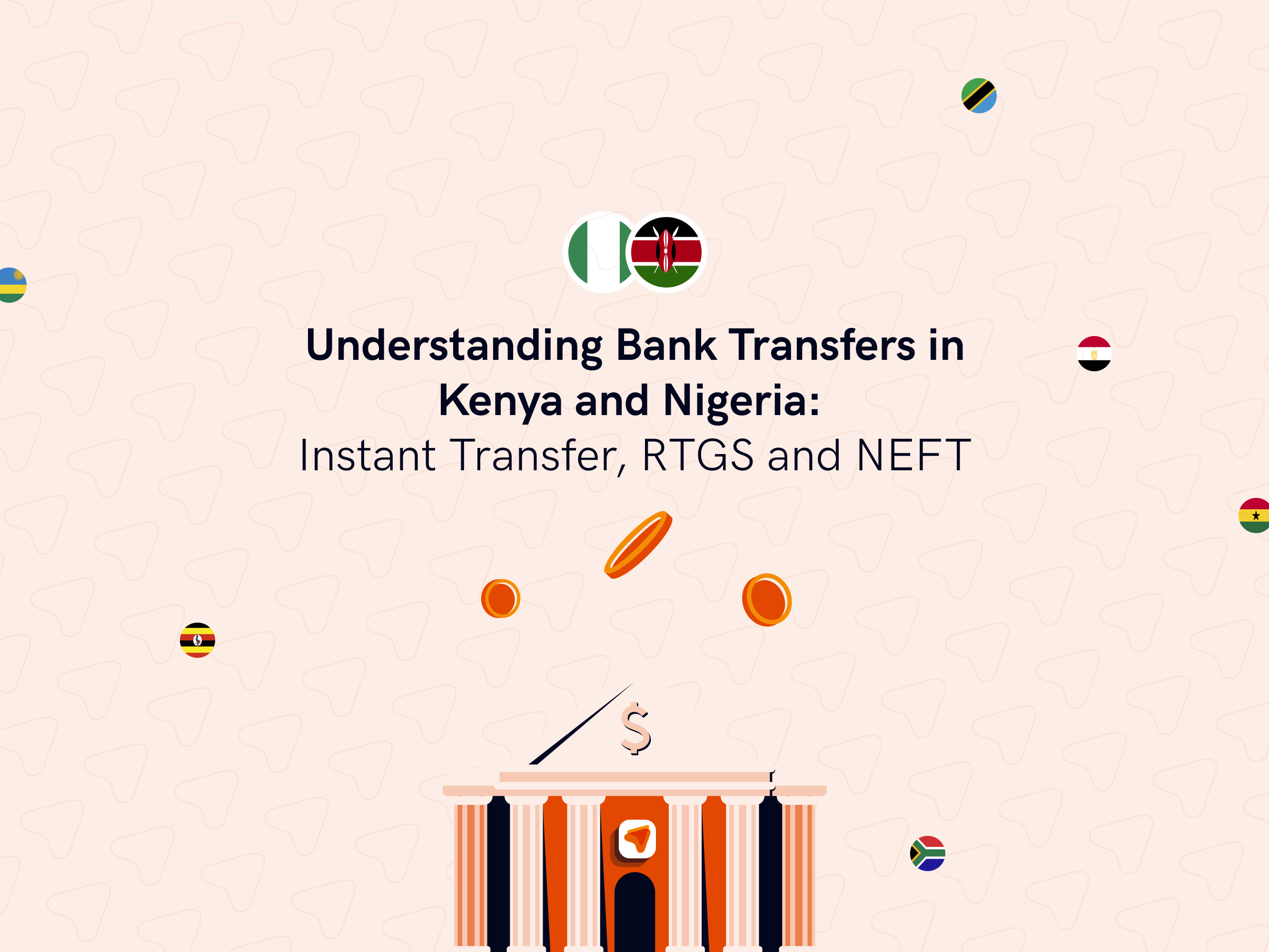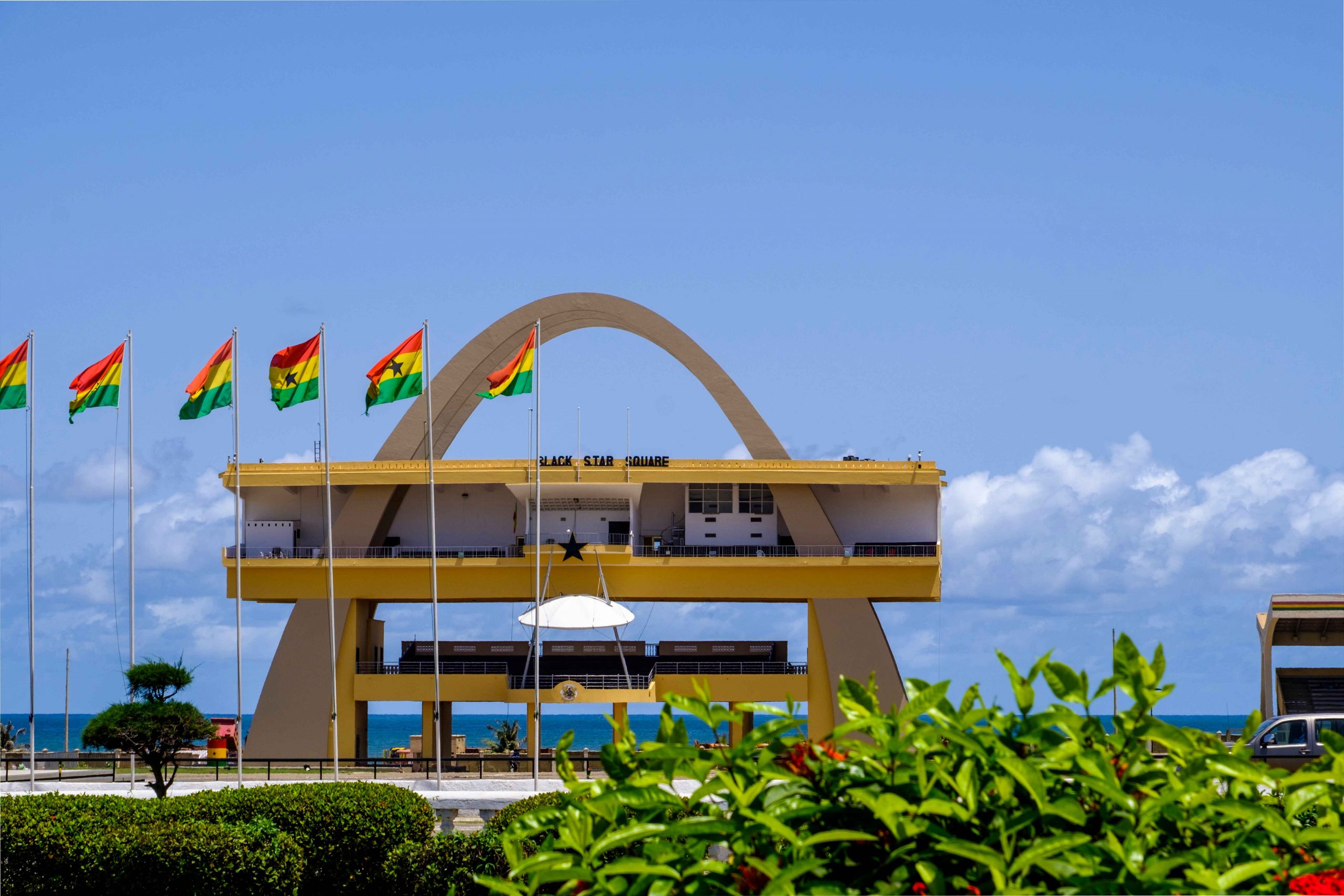In the modern financial landscape, various methods of transferring money through the use of technology have become for both individuals and businesses. Among these methods, instant payments, RTGS (Real-Time Gross Settlement), and NEFT (National Electronic Funds Transfer) are some of the most used across Africa.
Understanding these systems is crucial for efficient financial management. This article looks into the specifics of each type of transfer and their application in Kenya and Nigeria.
Instant Payments
Instant payments refer to transactions that are processed and completed within seconds, ensuring immediate availability of funds to the recipient. These transfers are increasingly popular due to their speed and convenience, making them ideal for urgent payments and real-time financial transactions.
Instant Payments in:
- Kenya: The interbank money transfer solution Pesalink is a leading platform for instant payments . It allows users to transfer money instantly through their mobile phones, providing a quick and reliable method for financial transactions across the country.
- Nigeria: Instant payment services are provided by various platforms, including QuickTeller and Paga, as well as through the NIBSS Instant Payments (NIP) system. These platforms facilitate immediate fund transfers between bank accounts within the country.
Pros of Instant Payment:
- Speed: Funds are available almost immediately.
- Convenience: Easily accessible via mobile phones and online platforms.
- Ideal for Urgent Transactions: Suitable for emergency payments.
Cons of Instant Payment:
- Fees: Can be higher compared to other transfer methods. In Nigeria, the range for instant transfer fees typically varies from around NGN 10 to NGN 52 per transaction, depending on the platform and transaction amount. In Kenya, M-Pesa, for example, charges fees ranging from KES 0 to KES 105, depending on the transaction amount and whether the transfer is to another M-Pesa user or to a bank account.
- Limitations: Some platforms may have limits on the amount that can be transferred instantly. In Kenya, using M-Pesa for instance: M-Pesa allows transfers up to KES 150,000 per transaction, with a daily transaction limit of KES 300,000 while Quickteller and Paga allow transfers up to NGN 500,000 per transaction in Nigeria.
- Security Risks: There’s a higher risk of fraud if not properly managed
Real-Time Gross Settlement (RTGS)
RTGS is a system where the transfer of funds occurs in real-time and on a gross basis. This means transactions are processed individually as they occur rather than being batched together. RTGS is typically used for high-value transactions that require immediate clearing and settlement.
RTGS in:
- Kenya: The Kenya Electronic Payments and Settlement System (KEPSS) is the RTGS system used in Kenya. It handles large-value transactions and ensures that payments are settled in split-seconds providing a secure and efficient method for transferring substantial amounts of money.
- Nigeria: The Central Bank of Nigeria operates the RTGS system in Nigeria. It facilitates high-value interbank transactions and ensures that these are processed in real-time, contributing to the overall stability and efficiency of the financial system.
Pros of RTGS:
- Speed: Real-time processing ensures quick transfer of funds.
- Security: High level of security for large-value transactions.
- No Batch Processing: Each transaction is processed individually, reducing the risk of errors.
- Limitless Transfer Amount: RTGS payments typically have a minimum transaction amount but no maximum limit, allowing for the transfer of large sums of money without restrictions. The minimum amount varies by country.
In Nigeria, the minimum amount for an RTGS transfer is ₦100,000. In Kenya, the minimum amount for an RTGS transfer is KES 1,000,000.
Cons of RTGS:
- Cost: Higher transaction fees, especially for high-value transactions.
In Kenya, RTGS transfer fees typically range from KES 500 to KES 1,000 per transaction. In Nigeria, the fees range from NGN 500 to NGN 1,250 per transaction.
- Availability: Typically available only during business hours.
In Kenya, the Kenya Electronic Payments and Settlement System (KEPSS) operates from 8:30 AM to 3:00 PM on weekdays. Similarly, in Nigeria, the Central Bank of Nigeria’s RTGS system is available from 8:00 AM to 4:00 PM on weekdays.
These restrictions means that transactions cannot be processed in real-time outside these hours, which could delay critical high-value transfers that occur after business hours or on weekends.
- Not Suitable for Small Transactions: Primarily designed for large-value
National Electronic Funds Transfer (NEFT)
NEFT is a nationwide payment system that facilitates one-to-one funds transfers. Unlike RTGS, NEFT transactions are not settled in real-time but are processed in hourly batches. This method is suitable for smaller-value transactions that do not require immediate clearing. Additionally, NEFT is well-suited for bulk payments such as salaries, making it a practical choice for businesses managing payroll and other large-scale disbursements.
NEFT in:
Kenya: While Kenya does not have a system explicitly named NEFT, similar electronic funds transfer services are offered by banks, allowing for batch processing of smaller transactions. These services ensure efficient handling of routine payments and transfers.
Nigeria: In Nigeria, the NEFT system is managed by the Central Bank of Nigeria and allows for electronic transfer of funds between banks on a deferred net settlement basis. What this means is that the NEFT system in Nigeria facilitates electronic fund transfers between banks in a manner that economizes on processing by batching transactions and settling them on a net basis periodically throughout the day. Transactions are therefore processed in batches, providing a reliable method for transferring smaller amounts of money.
Pros of NEFT:
- Cost-Effective: Generally lower fees compared to instant payments and RTGS.In Nigeria and Kenya, the fees for NEFT (National Electronic Funds Transfer) can vary based on the bank and transaction amount. In Nigeria, fees typically range from NGN 52.50 to NGN 105 per transaction for amounts below NGN 500,000. For amounts above NGN 500,000, fees might range higher, up to around NGN 210 per transaction. In Kenya, fees generally range from KES 100 to KES 1,000 per transaction, depending on the bank and the amount being transferred.
- Accessibility: NEFTs are widely available for a variety of transaction amounts.
- Suitable for Routine Payments: Ideal for regular, smaller transactions.
Cons of NEFT:
- Speed: Slower compared to instant payments and RTGS due to batch processing.
- Not Real-Time: Funds availability may be delayed until the next processing batch.
- Limited Operating Hours: Transactions are processed only during specific times.
Understanding the different types of bank transfers—Instant payments, RTGS, and NEFT—is essential for making informed financial decisions. Each method offers unique advantages, catering to different needs, from urgent transactions to high-value transfers and routine payments. By leveraging these systems, individuals and businesses in Kenya and Nigeria can ensure efficient and secure financial operations.


